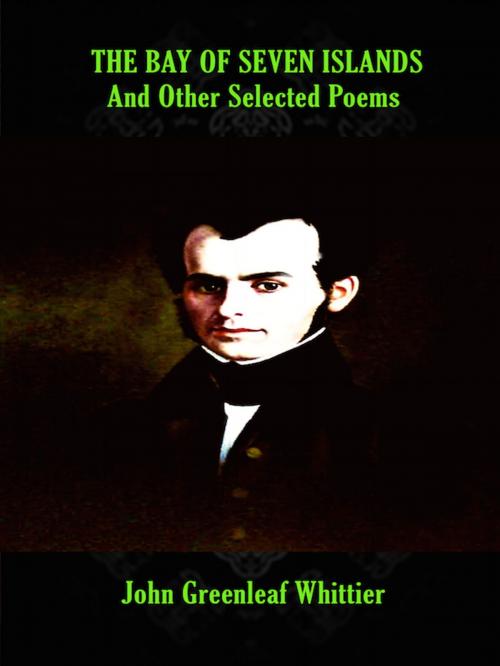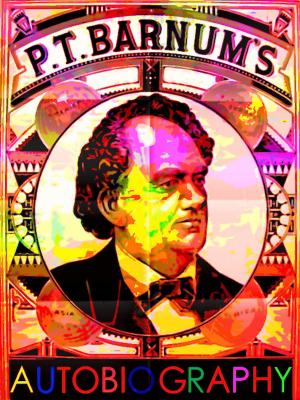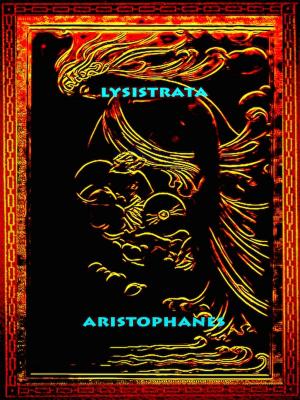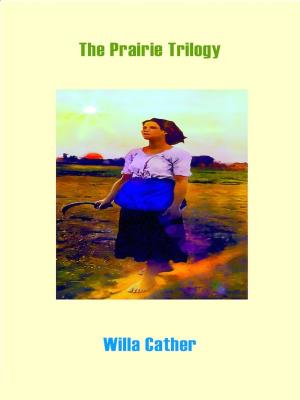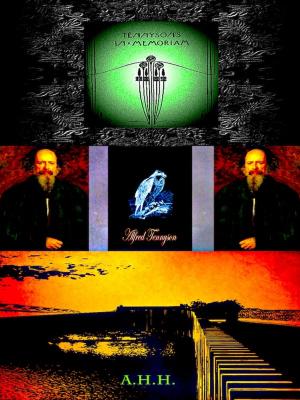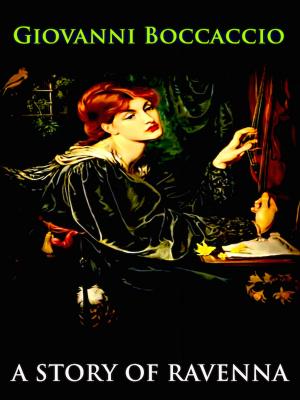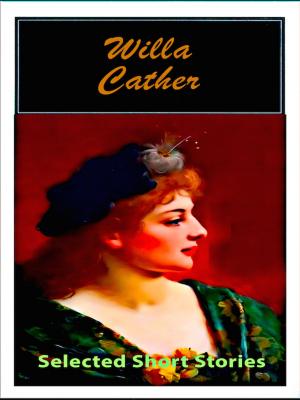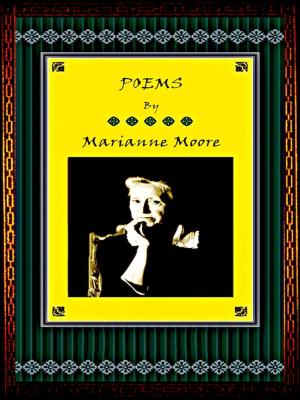| Author: | John Greenleaf Whittier | ISBN: | 1230000449878 |
| Publisher: | Editions Artisan Devereaux LLC | Publication: | May 24, 2015 |
| Imprint: | Language: | English |
| Author: | John Greenleaf Whittier |
| ISBN: | 1230000449878 |
| Publisher: | Editions Artisan Devereaux LLC |
| Publication: | May 24, 2015 |
| Imprint: | |
| Language: | English |
“Once more the torturing whip was swung,
Once more keen lashes the bare flesh stung.
“Oh, spare! They are bleeding!”’ a little maid cried,
And covered her face the sight to hide.”
In The Bay of Seven Islands, Whittier’s idiosyncratic style, along with his deep resonance of thought and observations about life and death, love and nature, solitude and society, have firmly established him as one of America’s true poetic geniuses.
At the heart of this new collection, stands the work that made Whittier's reputation as one of America's greatest poets: an uncompromising artist who has written with astonishing lucidity about the soul's most beautiful and trying hours.
Snow-Bound is John Whittier’s nostalgic remembrance of being completely snowed-in with his family in 1866 as a snowstorm rages outside. Trapped in their home for a week, the family members gathered around the hearth and exchange stories by their roaring fire.
Shut in from all the world without,
We sat the clean-winged hearth about,
Content to let the north-wind roar
In baffled rage at pane and door,
While the red logs before us beat
The frost line back with tropic heat;
And ever, when a louder blast
Shook beam and rafter as it passed…
Considered another of Whittier’s masterworks, “Snow-Bound” is lovingly dedicated to “The Household It Describes” and prefaced by quotations from Ralph Waldo Emerson’s “The Snow Storm,” and the Renaissance occultist Cornelius Agrippa on the powers of sunlight and firelight over “Spirits of Darkness.”
JOHN GREENLEAF WHITTIER (1807–1892) was an American Quaker poet and outspoken advocate of the abolition of slavery in the United States. When Whittier was in his teens, he had a poem, The Exile's Departure, accepted by William Lloyd Garrison in the Newburyport Free Press. The two men became close friends and worked together in the campaign against slavery. His poems on slavery were collected as Voices of Freedom (1846).
“Once more the torturing whip was swung,
Once more keen lashes the bare flesh stung.
“Oh, spare! They are bleeding!”’ a little maid cried,
And covered her face the sight to hide.”
In The Bay of Seven Islands, Whittier’s idiosyncratic style, along with his deep resonance of thought and observations about life and death, love and nature, solitude and society, have firmly established him as one of America’s true poetic geniuses.
At the heart of this new collection, stands the work that made Whittier's reputation as one of America's greatest poets: an uncompromising artist who has written with astonishing lucidity about the soul's most beautiful and trying hours.
Snow-Bound is John Whittier’s nostalgic remembrance of being completely snowed-in with his family in 1866 as a snowstorm rages outside. Trapped in their home for a week, the family members gathered around the hearth and exchange stories by their roaring fire.
Shut in from all the world without,
We sat the clean-winged hearth about,
Content to let the north-wind roar
In baffled rage at pane and door,
While the red logs before us beat
The frost line back with tropic heat;
And ever, when a louder blast
Shook beam and rafter as it passed…
Considered another of Whittier’s masterworks, “Snow-Bound” is lovingly dedicated to “The Household It Describes” and prefaced by quotations from Ralph Waldo Emerson’s “The Snow Storm,” and the Renaissance occultist Cornelius Agrippa on the powers of sunlight and firelight over “Spirits of Darkness.”
JOHN GREENLEAF WHITTIER (1807–1892) was an American Quaker poet and outspoken advocate of the abolition of slavery in the United States. When Whittier was in his teens, he had a poem, The Exile's Departure, accepted by William Lloyd Garrison in the Newburyport Free Press. The two men became close friends and worked together in the campaign against slavery. His poems on slavery were collected as Voices of Freedom (1846).
